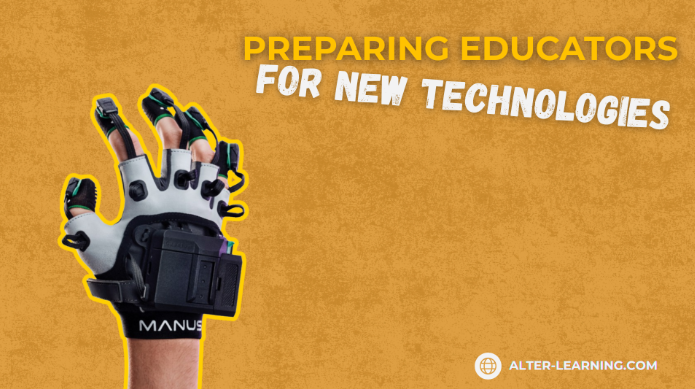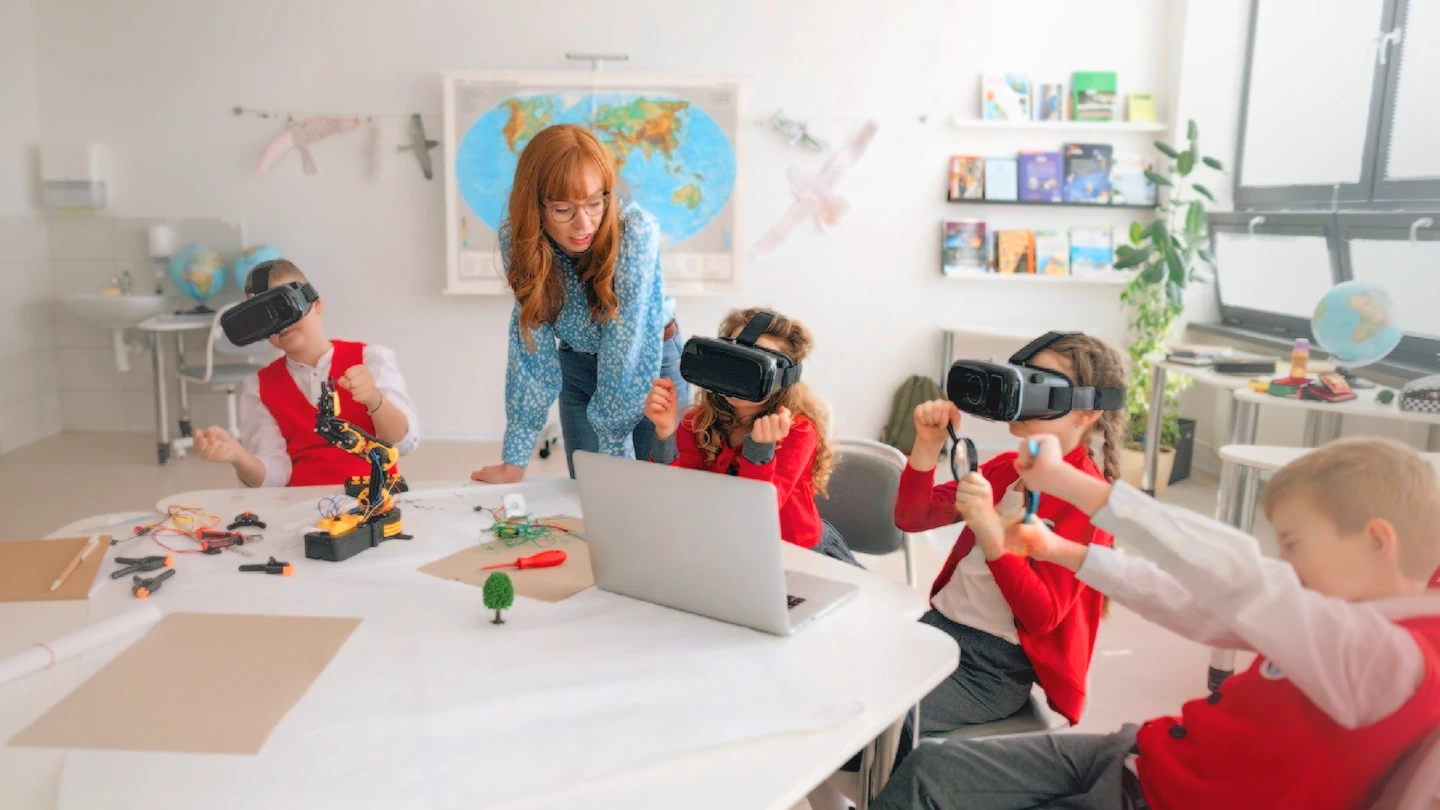The job market of the future will look dramatically different than it does today. Automation, artificial intelligence, remote collaboration, and digital innovation are already reshaping industries—and students will need more than just academic knowledge to succeed. They will need adaptability, digital fluency, critical thinking, and emotional intelligence.
EdTech platforms like Alter-Learning can play a role in preparing students for these shifting demands. By creating immersive learning environments that combine STEAM-related knowledge with transferable 21st-century skills, educational technology can help students connect what they learn in the classroom to the world they’re entering beyond it.
Rather than viewing EdTech as a temporary solution or supplement, schools and educators might consider it as a foundational tool for career readiness—especially when used creatively and inclusively.
What Future-Ready Skills Really Mean
Preparing students for the future isn’t just about teaching them how to code or use productivity software. While those are valuable, employers and universities increasingly emphasize how students think and work:
- Critical thinking and problem-solving,
- Communication and collaboration,
- Digital literacy and technological adaptability,
- Creativity and innovation,
- Emotional intelligence and resilience.
Students will be expected to work across disciplines, communicate with diverse teams, and solve complex problems with empathy and efficiency. These skills don’t emerge in isolation—they’re best developed through meaningful, applied learning experiences.
How EdTech Can Support Career Readiness
Interactive STEAM learning platforms like Alter-Learning are designed to blend academic content with exploratory, hands-on learning. Through gameplay and virtual exploration, students engage with material in ways that resemble real-world challenges.
Here are several ways Alter-Learning’s tools can support future readiness:
1. Simulated Real-World Experiences
Immersive games and simulations let students engage with realistic scenarios that require decision-making, problem-solving, and interdisciplinary thinking.
- Interactive VR simulations may replicate physical or environmental systems,
- Engineering challenges for students encourage iteration and testing,
- AR learning experiences introduce cause-and-effect through dynamic systems.
These simulations mirror workplace environments where trial, error, and creative solutions are the norm.
2. Digital Communication and Teamwork
In multiplayer and co-op environments, students practice collaboration—often across distance or devices. This mirrors the increasingly remote and digital nature of many careers.
- Students work together to complete puzzles, analyze data, or build creative projects,
- Teacher dashboards facilitate feedback loops that model professional review processes,
- Communication, negotiation, and teamwork are practiced in engaging, low-stakes ways.
These environments can help students build digital citizenship alongside academic skills.
3. Creative and Technical Expression
Today’s careers demand both right-brain and left-brain thinking. Whether students are analyzing data sets or designing user experiences, success often depends on blending logic with imagination.
Alter-Learning supports this through:
- Digital art creation tools for visual and spatial learning,
- Logic puzzles to build technical fluency,
- Music and storytelling-based platforms to support communication and narrative thinking.
By giving students flexible tools, platforms can empower them to express ideas in multiple formats—just like they’ll be asked to do in the workforce.
Adapting to New Technologies
A key future skill is the ability to learn new technologies quickly. Rather than training students on a single app or system, EdTech can build adaptability itself by introducing multiple tools and formats.
Alter-Learning encourages this by offering:
- A variety of game formats—from 360-degree educational videos to AR science experiments,
- Tools compatible with both high-end VR and basic desktop setups,
- Curriculum-aligned content that evolves with user feedback.
Students learn to navigate different interfaces, adjust to updates, and transfer skills from one context to another—much like they will in dynamic professional environments.
Building Confidence, Not Just Competence
Career readiness isn’t just about skills—it’s about mindset. Students who see themselves as problem-solvers, innovators, or collaborators are more likely to approach challenges with confidence.
Alter-Learning’s approach can help foster this mindset by:
- Encouraging students to try, fail, and iterate in safe environments,
- Highlighting growth through feedback and progress tracking,
- Promoting agency by giving learners choices in how they engage with content.
This growth mindset can be just as critical as content mastery when it comes to career success.
Learning Today, Leading Tomorrow
The future of work will demand new ways of thinking, creating, and connecting—and education must evolve to meet that challenge. By embracing EdTech platforms that are built for exploration, collaboration, and problem-solving, schools can better prepare students not only for jobs that exist today, but also for the ones yet to be invented.
Alter-Learning offers students a space to imagine, build, and grow into their full potential. Because the best preparation for the future isn’t about knowing all the answers—it’s about knowing how to keep learning.
Follow Alter-Learning for more insights into immersive education, edtech success stories, and the future of learning. Want to explore how VR/AR could transform your school or learning platform? Let’s connect.




